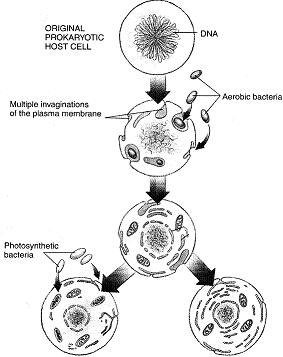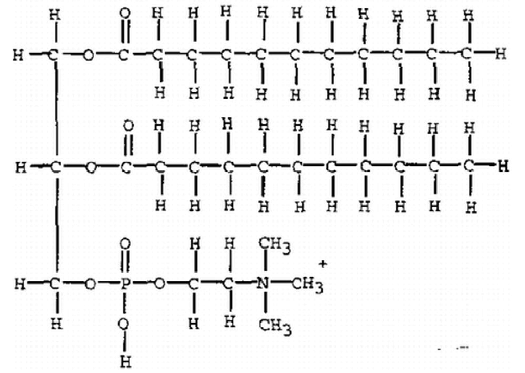The conversion of solar energy to chemical energy is
known as
a. metabolism.
b. photosynthesis.
c. chemosynthesis.
d. catabolism.
e. anabolism.
Answer: b
You might also like to view...
The theory illustrated in Figure 21-1 is supported by which piece of additional evidence?

a. The results of the Miller-Urey experiment.
b. Burgess shale fossils.
c. Ediacarian fossils.
d. The presence of DNA in some organelles.
e. All answers support the illustrated theory
What are the two main types of mycorrhizae, and how do they differ? List three ways in which mycorrhizal
associations are beneficial to plants. What will be an ideal response?
Which one of the following is false concerning the molecule below?

A. This molecule represents a major component of cell membranes.
B. This molecule is a lipid.
C. This molecule was formed by dehydration synthesis.
D. This molecule is composed of amino acids.
The liver removes excess glucose from the blood and converts it into ________.
A. cellulose B. glycogen C. maltose and other disaccharides D. bile E. starch